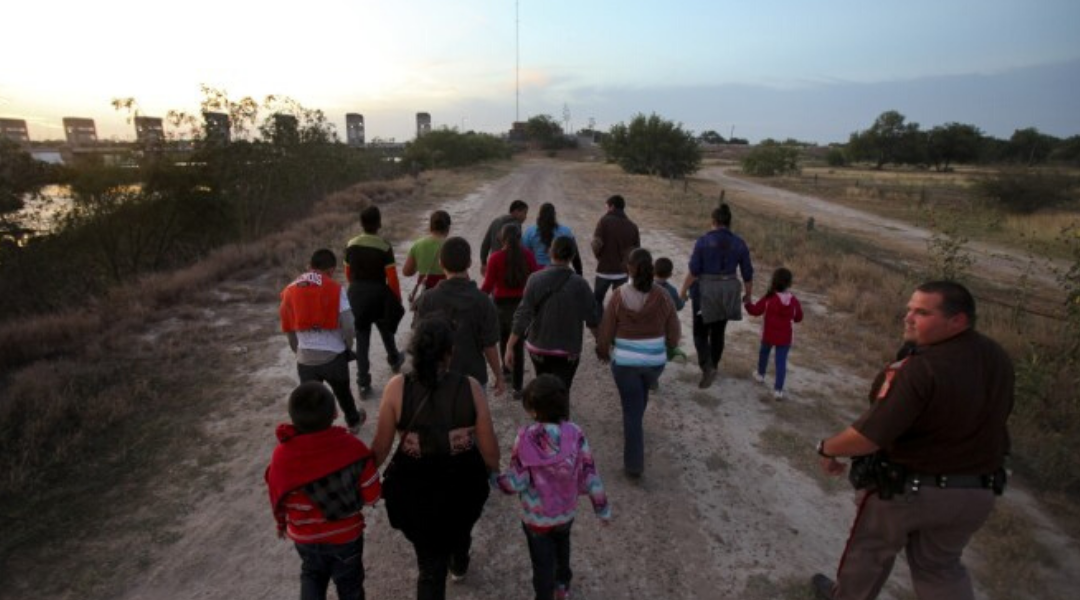Opinion: My grandpa was a ‘Dreamer’ who crossed the Rio Grande, by Prof. Jennifer Nájera
Prof. Jennifer Nájera published an op/ed, “Opinion: My grandpa was a ‘Dreamer’ who crossed the Rio Grande,” in the LA Times. Excerpt below:
After a dangerous crossing, my grandpa began to work for a farmer in the lower Rio Grande Valley of south Texas — for free. He figured that if he could show how hard he could work, the farmer would give him a job — and he did.
A year passed and my grandpa sent for his family. My grandma and my three eldest aunts crossed the Rio Grande in the middle of the night, the three little girls hiding under a blanket in a small boat. My oldest aunt remembers that they would peek their heads up from time to time to ask for food as they crossed the river. We must have looked like little birds, she told me.
During the 1940s and 1950s, there was a lot controversy around the bracero program. Many claimed that it was spurring undocumented immigration. The government increased the presence of the Border Patrol and authorized its agents to conduct immigration raids, including the so-called Operation Wetback in 1954, to send people back to Mexico.
At the same time, powerful farm lobbyists were able to negotiate rights for farmers who wanted to keep their work forces stable through a process of “drying out,” or selective legalization. Sometimes this occurred en masse, and at other times in smaller groups. In south Texas where my family lived, the Immigration and Naturalization Service periodically granted “exceptions” to farmers in the early 1950s to legalize their workers.
This was how my grandpa and his three eldest daughters gained legal status. It would take longer for my grandma, because she had contracted tuberculosis and was not eligible for legalization until several years later.
My mother, born in Texas, was a natural-born citizen. Their family in 1950s Texas was very similar to those mixed-status families of today — parents and elder children who were undocumented and younger children who were U.S.-born citizens. Fortunately for them, the political climate at that time enabled them to adjust their status because it was more attuned to the region’s economic needs. Today, a similar policy for migrant workers and their families would cause a political uproar, even though we all know that it would make economic sense and would provide long-needed humane immigration reform.
Image above: The parents of “Dreamers,” like generations before them, journeyed to America to seek safety and a better life for their families. (Los Angeles Times)
Faculty News
